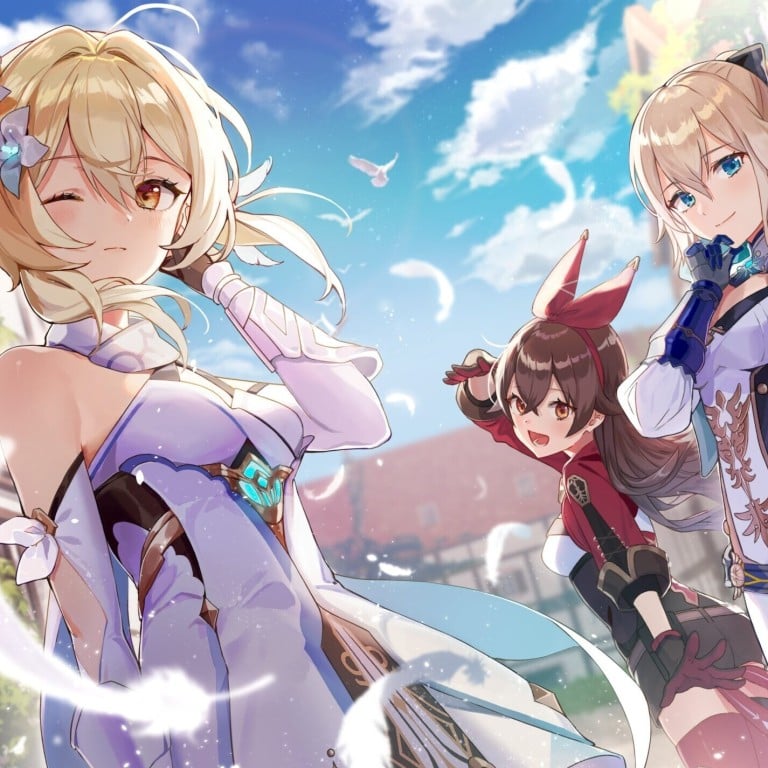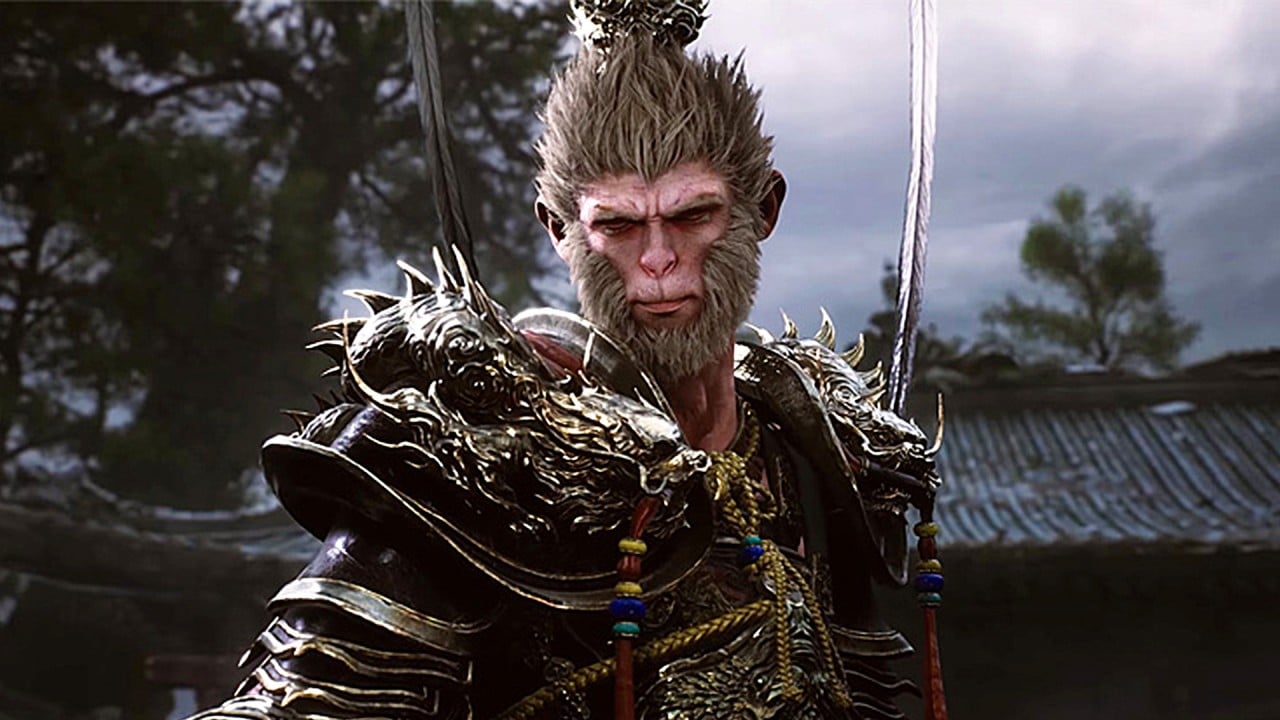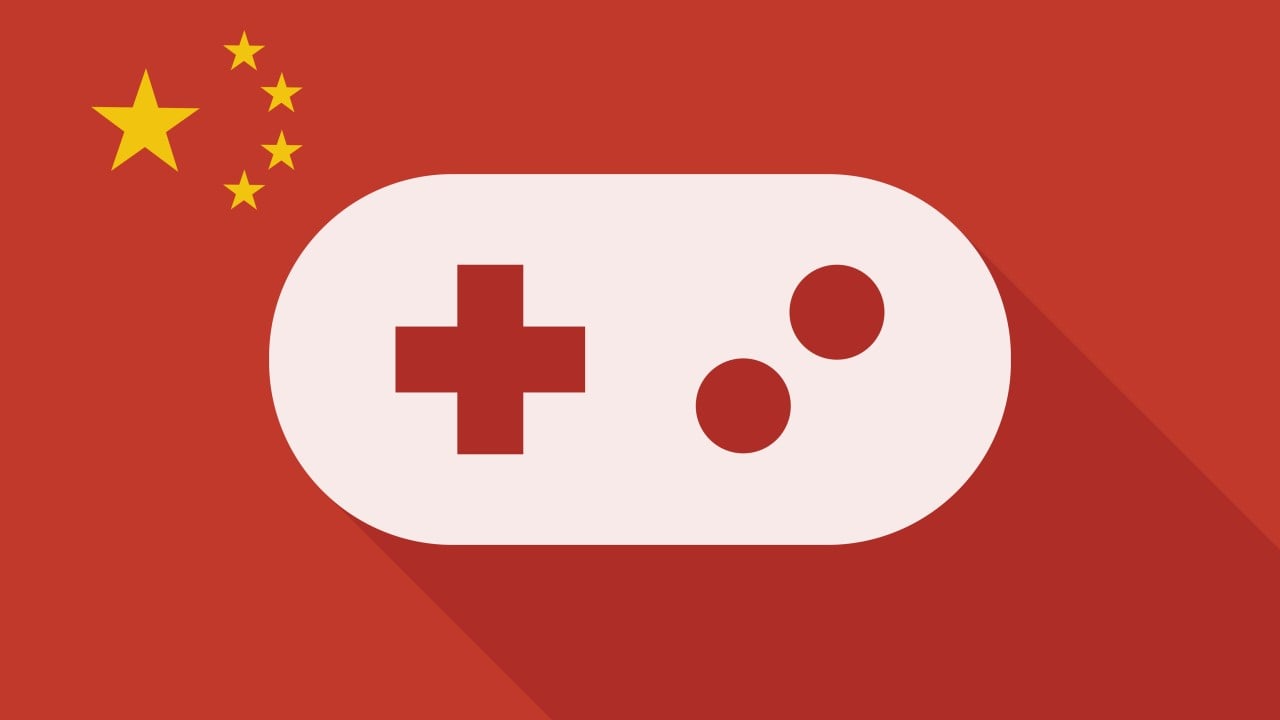
How Genshin Impact’s Chinese creator miHoYo found success with otakus willing to ‘pay for love’
- Genshin Impact has been touted as the biggest ever global launch of a Chinese game
- The slogan for Shanghai-based miHoYo, the company behind the game: ‘tech otakus save the world’
The men behind Genshin Impact , touted as the biggest ever global launch of a Chinese game, have made no secret of targeting otakus – a Japanese term for male geeks who are socially awkward with limited romantic lives, and who are often diehard fans of games or anime featuring “cute” or “sexy” female characters.
The slogan for Shanghai-based miHoYo, the company they founded: “tech otakus save the world”. And Cai Haoyu, co-founder and president of Genshin Impact creator miHoYo, has identified as a bona fide otaku himself.
Speaking about miHoYo’s first hit game Guns Girl – Honkai Gakuen at the Gamelook Game Open Day conference in July 2014, Cai said the game had a simple mission: to serve male gamers’ yearning to bond with virtual female characters in a game.
“We are making an otaku game … So girls are an important element,” Cai said of Guns Girl, which features a legion of cute, gun-wielding girls battling futuristic robots, according to the post-event transcript posted on Chinese media outlet Gamelook’s website. At the Shanghai conference, Cai also reportedly said he played popular Korean fantasy game Blade & Soul only because of a user-created script that allowed gamers to strip female characters and accentuate the movement of their breasts.
‘Always men’: the sexism problem in China’s gaming industry
In this environment, miHoYo’s dedication to serving otakus has paid off. Founded in 2012 by three engineering postgraduates – Cai, Liu Wei and Luo Yuhao – with only 100,000 yuan (US$14,750), it is now one of China’s biggest gaming companies. In 2018, miHoYo reported nearly 2 billion yuan (US$298 million) in revenue, according to a report by Chinese state-owned news outlet The Paper last year.
According to state-owned Xinmin Evening News, miHoYo has grown from its initial team of three people to a company with about 1,500 employees.
The development team behind Genshin Impact alone comprises 400 engineers, Xinmin reported in March.

02:19
‘Black Myth: Wukong’ faces possible boycott over Game Science CEO’s sexually explicit remarks
The game, released on PC, consoles and mobile on September 28, has already gained an enormous following. In the first week after its launch, it generated US$60 million in revenue on mobile alone, becoming the world’s second-highest-grossing mobile game according to app tracking firm Sensor Tower.
The open-world, action-adventure game – where gamers play as young, magic-conjuring warriors journeying through a fairy-tale-like world – features some prominent male characters, but its cast mainly comprises young female characters with flirtatious dialogue.
Genshin Impact is biggest international launch of a Chinese game ever
Like many of its other games, including the Honkai series, Genshin Impact gets revenue from a “gacha” (capsule-toy vending machine) mechanic, where players can spend in-game currency to receive random new weapons or characters.
Liu has attributed much of miHoYo’s success to its early adoption of this monetisation strategy, which he has referred to as “paying for love”: banking on gamers’ affection for female characters rather than their desire to gain a competitive advantage by buying powerful weapons in the game.
We asked ourselves why we would want to pay: it’s because we love a certain virtual character that we become willing to pay for her.
“At the time, mainstream games made money from the hatred between players after a battle,” Liu said at a speech in the China Games Industry Annual Conference in 2017. “Revenue came from competition among players. Gamers wanted to be stronger than others and to rank No. 1 on a given server.”
To come up with a more effective strategy, Liu said at the same conference that the developers “examined our own desires and needs”.
“We asked ourselves why we would want to pay: it’s because we love a certain virtual character that we become willing to pay for her,” he said. “This impulse to pay was the opposite of what mainstream games had to offer at the time.”
Bilibili posts strong earnings in second quarter amid mobile gaming boom
miHoYo was also launched at a time when a new crop of Chinese otakus was emerging, bringing surging online demand for more anime, comic and games (ACG) content.
miHoYo markets and distributes its games on Bilibili, which has brought together millions of anime fans nationwide – exactly the demographic miHoYo was targeting, Cai said at the 2014 Gamelook conference.

04:33
Why live streaming is becoming China’s most-profitable form of electronic media
“On Android devices, Bilibili provided us with more than 50 per cent of our revenue,” Cai said. “There wouldn’t be Honkai Gakuen without Bilibili.”
miHoYo’s journey has not always been smooth-sailing, however. According to Cai‘s now-deleted posts on Chinese microblogging site Weibo, Guns Girls was initially rejected from Apple’s App Store due to “violence and questionable content”. Liu said in a later interview with Gamelook in 2017 that the company had to tone down the “cuteness” of some female characters as well as some of the violent special effects before the game was approved.
Zelda lookalike Genshin Impact is heading to the Nintendo Switch
Honkai Impact 3rd, a later instalment of the same series that was released on mobile in 2016, also allowed players to tease its scantily-clad characters by tapping on their bodies at one point, but the feature has since been removed.
After Honkai Impact 3rd became a hit, miHoYo tried to go public in mainland China but that effort was thwarted by mainland Chinese authorities’ increasing caution towards gaming companies and their content.
No gaming company has managed to go public in mainland China since G-bits Network Technology in 2016, while more than two dozen gaming companies have gone public in Hong Kong. The China Securities Regulatory Commission revealed last month that miHoYo has withdrawn its listing application.

02:35
How big is China's gaming industry?
The Shanghai-based company’s ambitions extend far beyond video games, however. Several years ago, Liu revealed that miHoYo has been creating anime and comics inspired by Honkai Impact 3rd.
“In the future, I hope that our anime and movies can account for more than 50 per cent of our total revenue,” Liu told China Central Television in 2017.
The company has also been trying to broaden its reach in recent years. The company recently released a dating simulation game targeting female players called Tears Of Themis, where gamers play as a female lawyer who can date multiple handsome male characters.
Liu has his eyes set on building miHoYo into an entertainment giant like Disney, with content spanning games, anime and other mediums, according to the Xinmin report in March. And he is willing to work hard to achieve this: “I start at nine and finish at 10, working six days a week. But you can see that I’m still full of passion like I always have, right?” he was quoted as saying.

